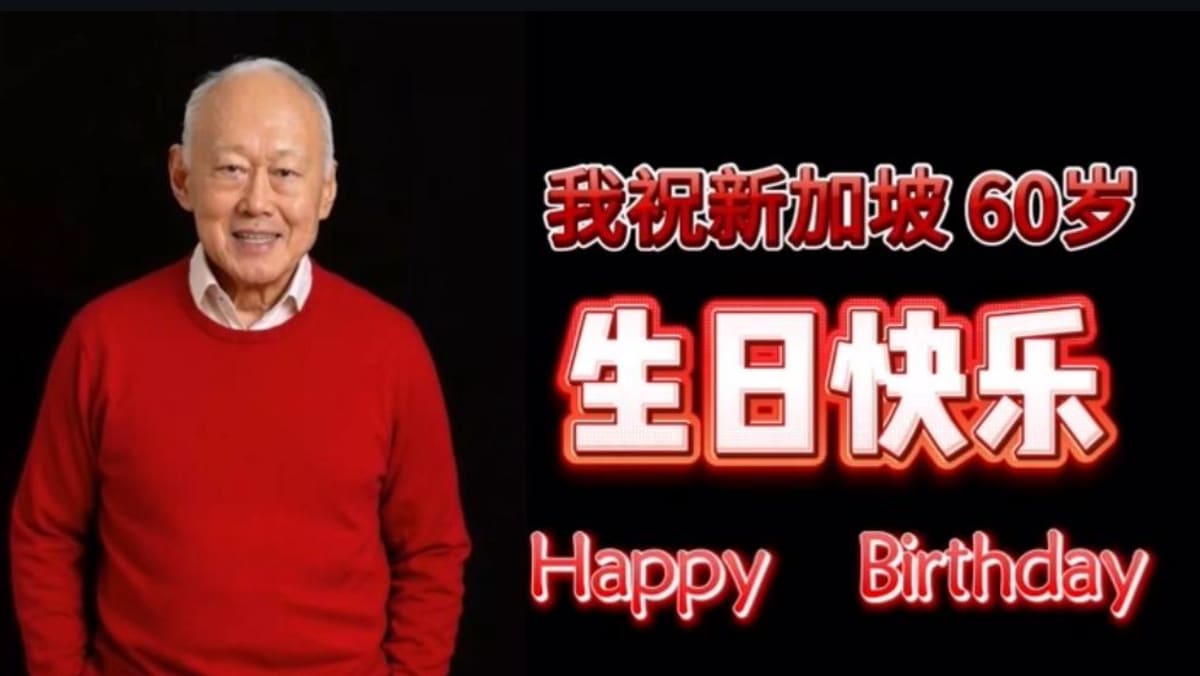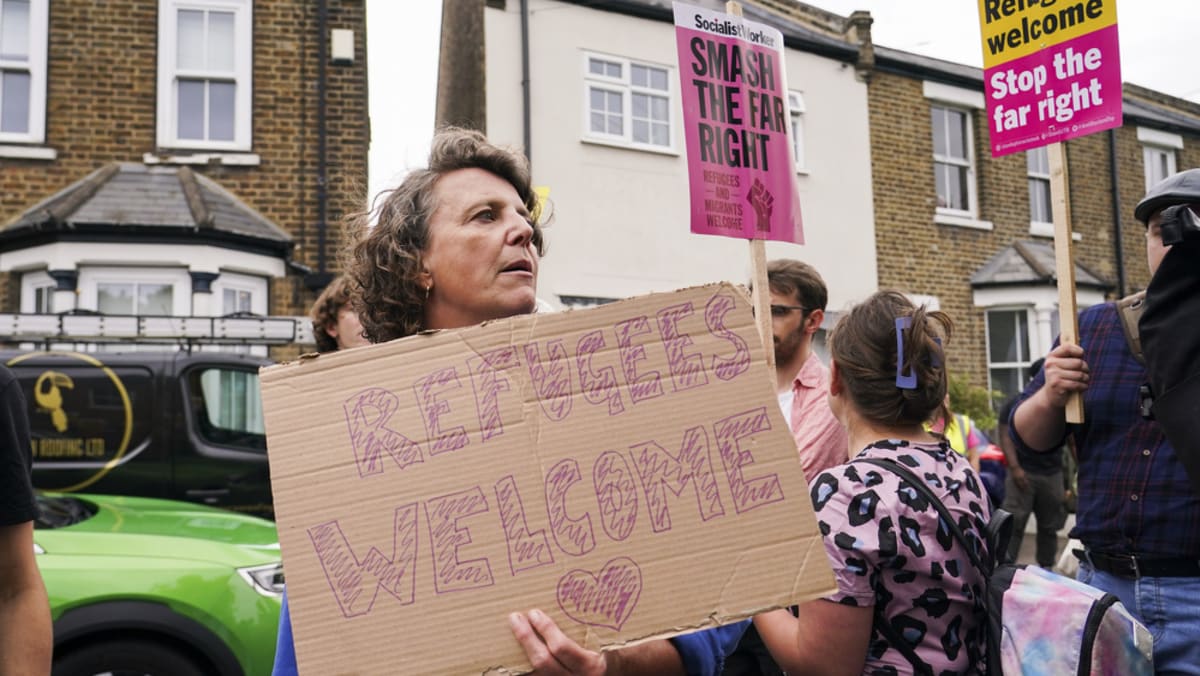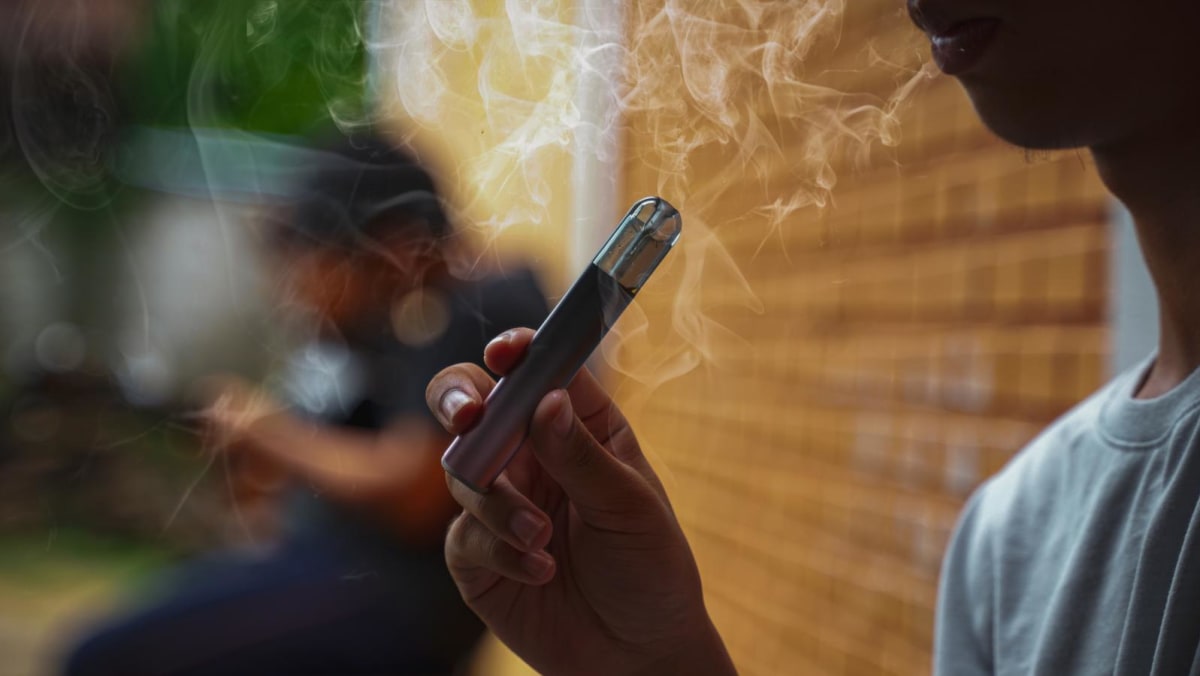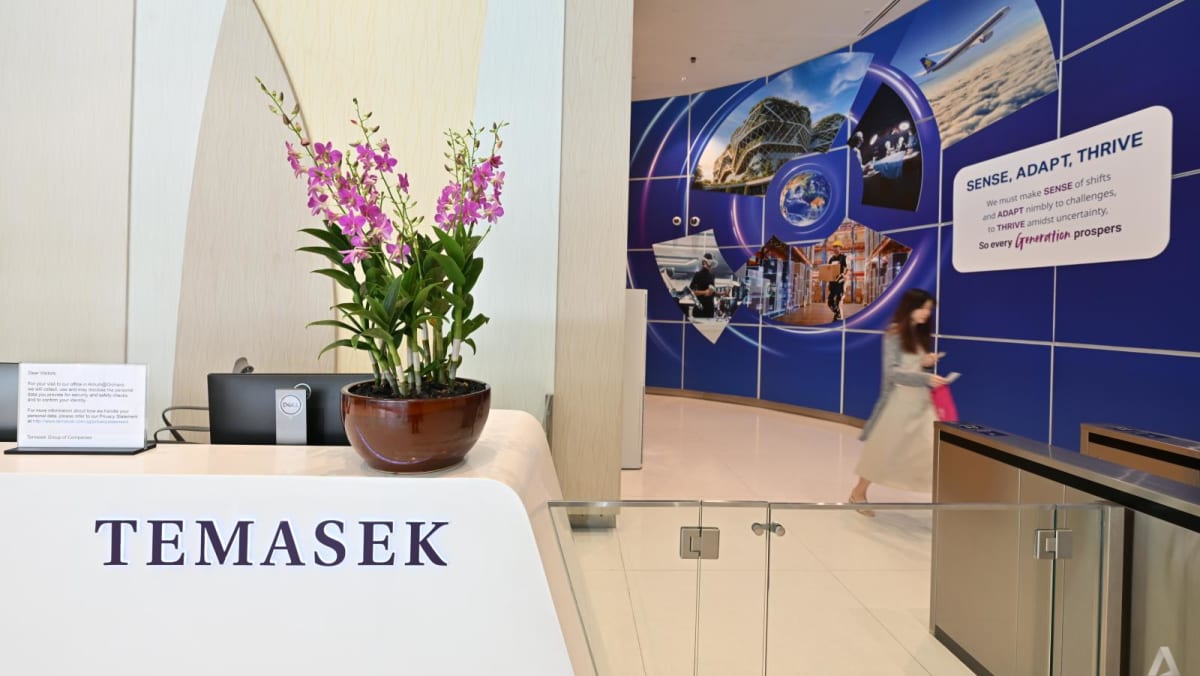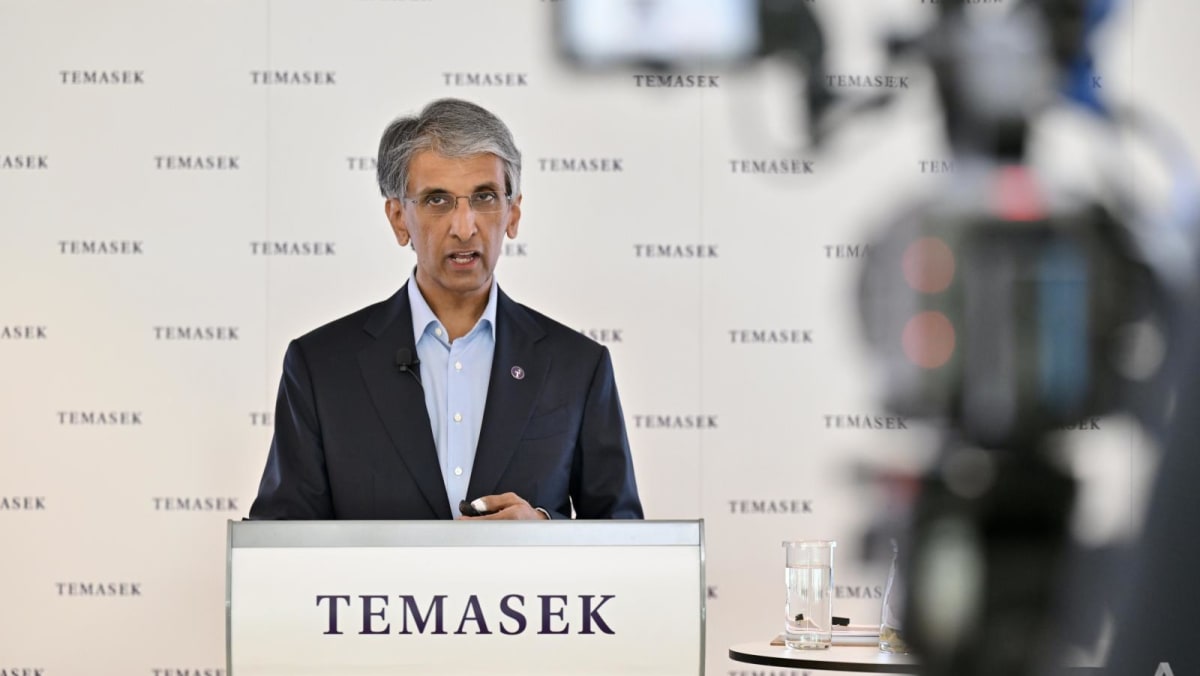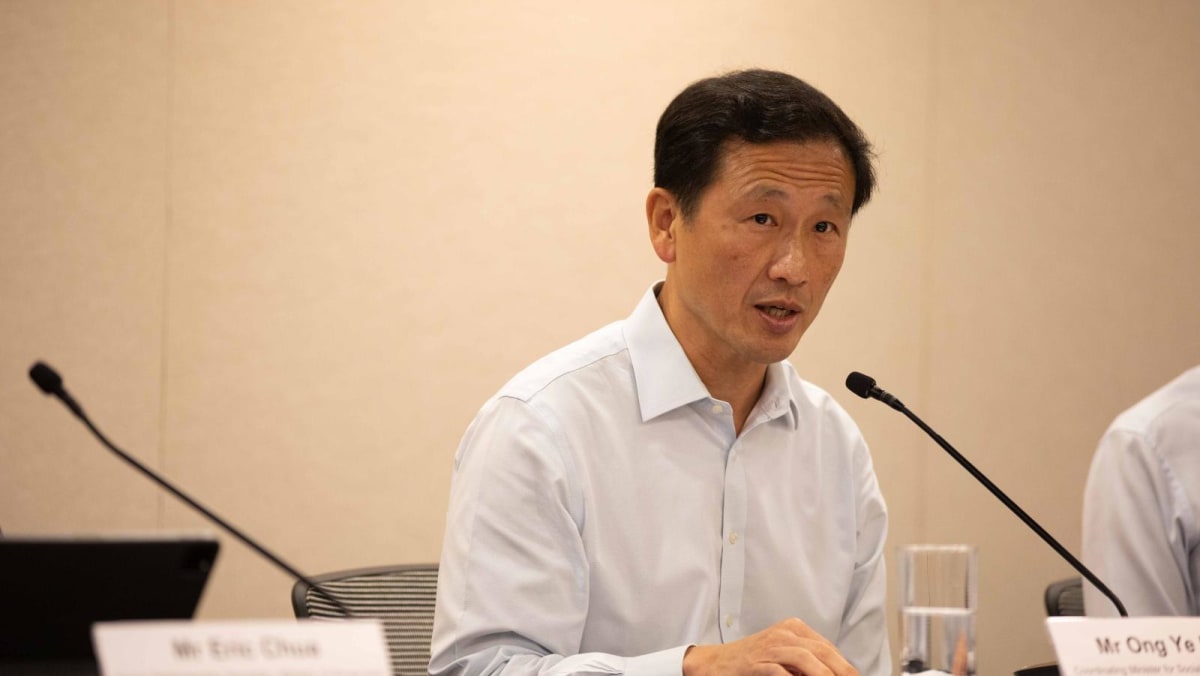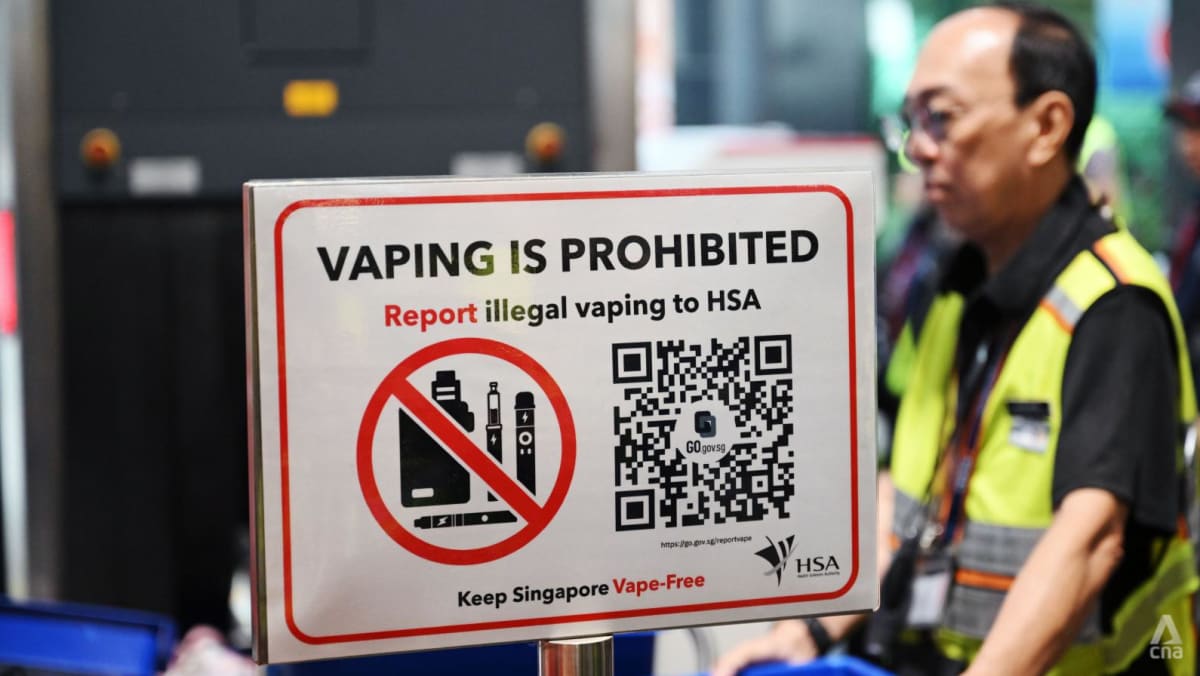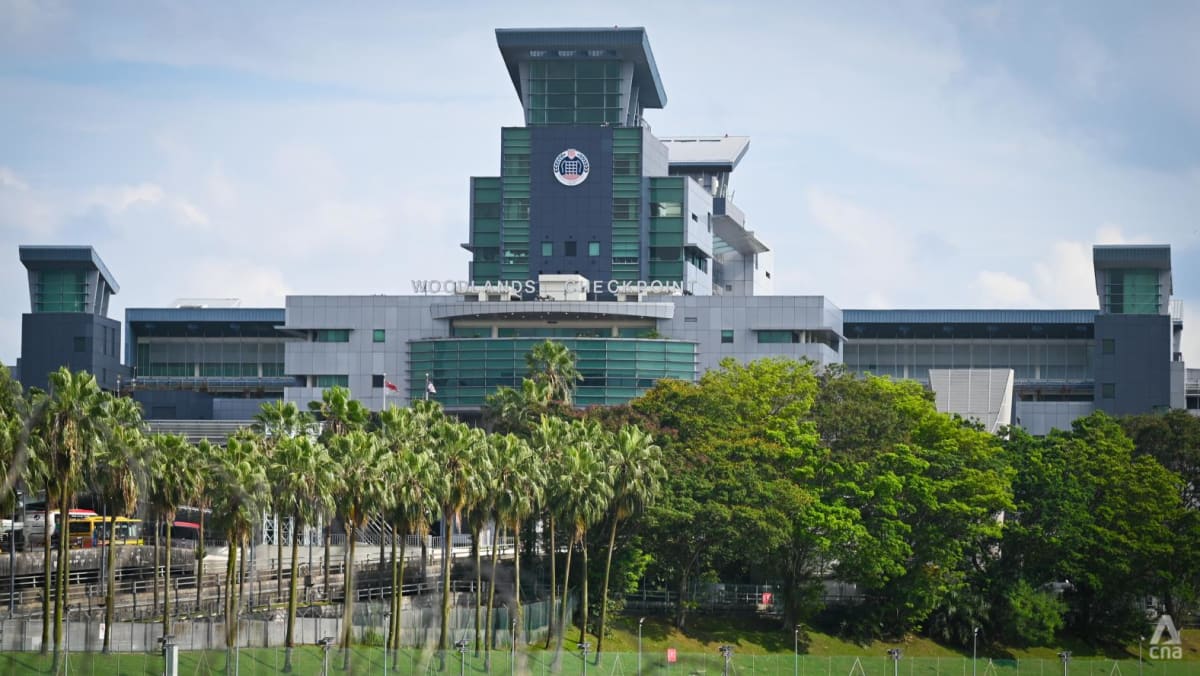5. MORE PENALTIES FOR STUDENTS, UNIFORMED PERSONNEL, CIVIL SERVANTS
From Sep 1, students may face school-based penalties such as detention, suspension, caning (for boys), conduct grade adjustments and rehabilitative counselling.
In institutes of higher learning, disciplinary action could include the withdrawal of leadership opportunities, overseas exchange or scholarships, eviction from hostels for university students and fines or community service.
Repeat offenders and traffickers may be suspended or expelled. All vaping incidents in educational institutions will also be reported to authorities.
Public servants caught using, possessing or distributing vapes will be subject to disciplinary measures such as fines, demotions and dismissal. Home Team personnel may face dismissal or demotion if they are regular officers, and fines, demotions or detention if they are national servicemen.
Punishments in these specific settings will be in addition to penalties meted out by the authorities.
Singapore Armed Forces personnel will be dealt with under military law, which allows for penalties including fines, detention and discharge from service. Offenders will also undergo mandatory rehabilitation.
6. PENALTIES FOR FOREIGNERS
Foreigners found in possession of vapes will have them seized and will be fined.
Repeat offenders will face harsher consequences. Long-term pass holders – including those on Employment Passes, S Passes, work permits, student or dependent passes – may have their passes revoked and be deported after a third offence.
Short-term visit pass holders, such as tourists, will be banned from re-entering Singapore upon departure if caught again.
Those found using Kpods or testing positive for etomidate may also be deported and banned from re-entering Singapore.
7. INCREASED ENFORCEMENT
In schools, designated staff members will be trained and authorised to take enforcement action against students found abusing or distributing vapes, while institutes of higher learning will step up campus patrols.
Nicotine test kits have been issued to around 260 schools across Singapore. Metal detectors have been deployed at selected campuses to screen for vape devices, and schools have introduced a “peer vigilance culture”, encouraging students to report classmates who vape.
Within the Singapore Armed Forces and Home Team, existing urine screening for substance abuse will be expanded to include etomidate. Both agencies have increased enforcement within their premises, including tighter checks at access points.
Public transport operators have stepped up roving patrols and increased bag checks to detect vape devices.
At public areas, agencies such as the National Parks Board and the National Environment Agency have intensified enforcement patrols. The Singapore Police Force and the Central Narcotics Bureau have stepped up joint enforcement efforts with the Health Sciences Authority, with offences found during routine policing also referred for investigation.
At border checkpoints, the Immigration and Checkpoints Authority has tightened screening to prevent vape smuggling.
Various agencies will be empowered to take active enforcement actions, such as seizure of vapes and issuance of fines.
